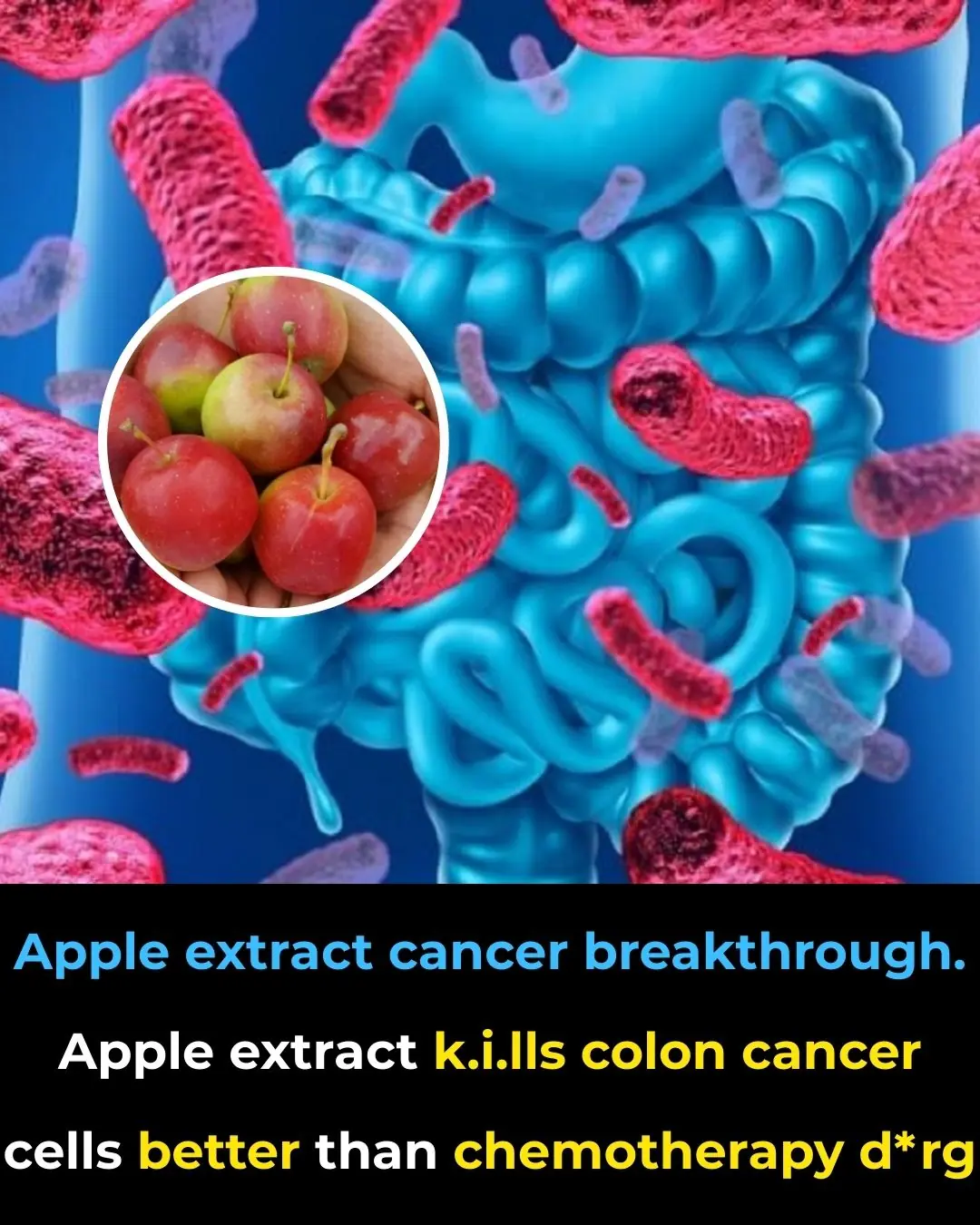
Why Some Eggs Are Speckled
Why Some Eggs Are Speckled …And Whether They’re Safe to Eat
If you’ve ever opened a carton and spotted a few eggs with strange freckles or irregular specks, you might have wondered whether something was wrong. The good news? These eggs are almost always completely normal — and perfectly safe to eat.
Are Speckled Eggs Safe?
Yes. Speckled eggs are safe to eat.
Research from the University of Georgia shows that these small dots or bumps are simply extra calcium deposits that form on the shell before the final protective layer — the cuticle — is added. They’re considered harmless and naturally occurring.
These speckles are not caused by:
-
bacteria
-
disease
-
contamination
-
spoilage
They’re simply a cosmetic variation created during the egg-laying process.
What Causes the Speckles?
A few common factors can lead to a speckled appearance:
1. Excess calcium in the hen’s diet
Hens that consume more calcium than they need may release it unevenly, creating tiny deposits on the eggshell.
2. Minor irregularities in the shell gland
Sometimes the shell gland (where the shell forms) experiences slight disruptions. These changes can cause uneven calcium distribution.
3. Environmental disturbances
Loud noises, sudden movements, or stress in the chicken house can momentarily interrupt the egg-forming cycle, resulting in speckles or darker pigment patches.
4. Genetics and breed traits
Some breeds naturally lay speckled eggs. In these cases, the spots are part of the egg’s pigmentation pattern, not a flaw.
In short, speckles happen because of biology, environment, stress, or harmless mineral variations — not because the egg is unsafe.
Do Speckled Eggs Taste Different?
No.
Speckles on the shell do not affect:
-
taste
-
texture
-
nutritional value
-
cooking quality
The inside of a speckled egg is identical to any other egg. Once cracked, you won’t notice any difference.
Buying Eggs in the UK? Look for the Red Lion Stamp
If you purchase British Lion eggs, you’re getting some of the safest eggs available anywhere in the world. These eggs come from hens vaccinated against salmonella and are handled under strict quality controls.
They’re safe enough that even pregnant women, young children, and the elderly can eat them runny — something not guaranteed in many other countries.
When to Worry About an Egg
Speckles are harmless, but you should avoid eggs that show these warning signs:
-
Bad odor after cracking
-
Visible cracks in the shell
-
Slimy or powdery mold on the surface
-
Unrefrigerated storage in hot or humid weather
-
Off color or watery whites once opened
If an egg smells wrong, throw it away — speckled or not.
The Bottom Line
That speckled egg sitting in your carton?
It’s completely normal, entirely safe, and perfectly delicious. Whether you’re scrambling, frying, poaching, or baking, it will perform just as well as any other egg.
So next time you spot those tiny dots, you can crack with confidence — your breakfast is just fine. 🍳
News in the same category


Revealing the Human Heart: A Stunning Look at Its Circulatory System Without Muscle or Fat

Why the Brain Remembers Negative Experiences More Than Positive Ones: Implications for Mental Health and Well-Being

Having the letter M on the Palm of your hand means that

5 Unique Things You Only Experience When Loving an Older Woman

Doggy School on Wheels: How Canada Reinvented Pet Daycare

The Giant Golden-Crowned Flying Fox: A Viral Encounter With a Critically Endangered Giant

Dolphins and Pufferfish: The Stunning Discovery Behind Their Trance-Like Behaviour

Revolutionary MRI Technology Offers Non-Invasive Tumour Treatment in Sydney

Recreating a Legacy: Ruben Flowers Joins His Father as Co-Pilot on Captain Flowers’ Final Southwest Airlines Flight

Wood vs. Diamonds: The Cosmic Rarity of Life's Fingerprint

🌌 An Accidental Revolution: How the Search for Black Holes Led to the Invention of Wi-Fi

📈 The $5 Trillion Threshold: NVIDIA Becomes the World’s Most Valuable Company, Reshaping Global Economic Influence
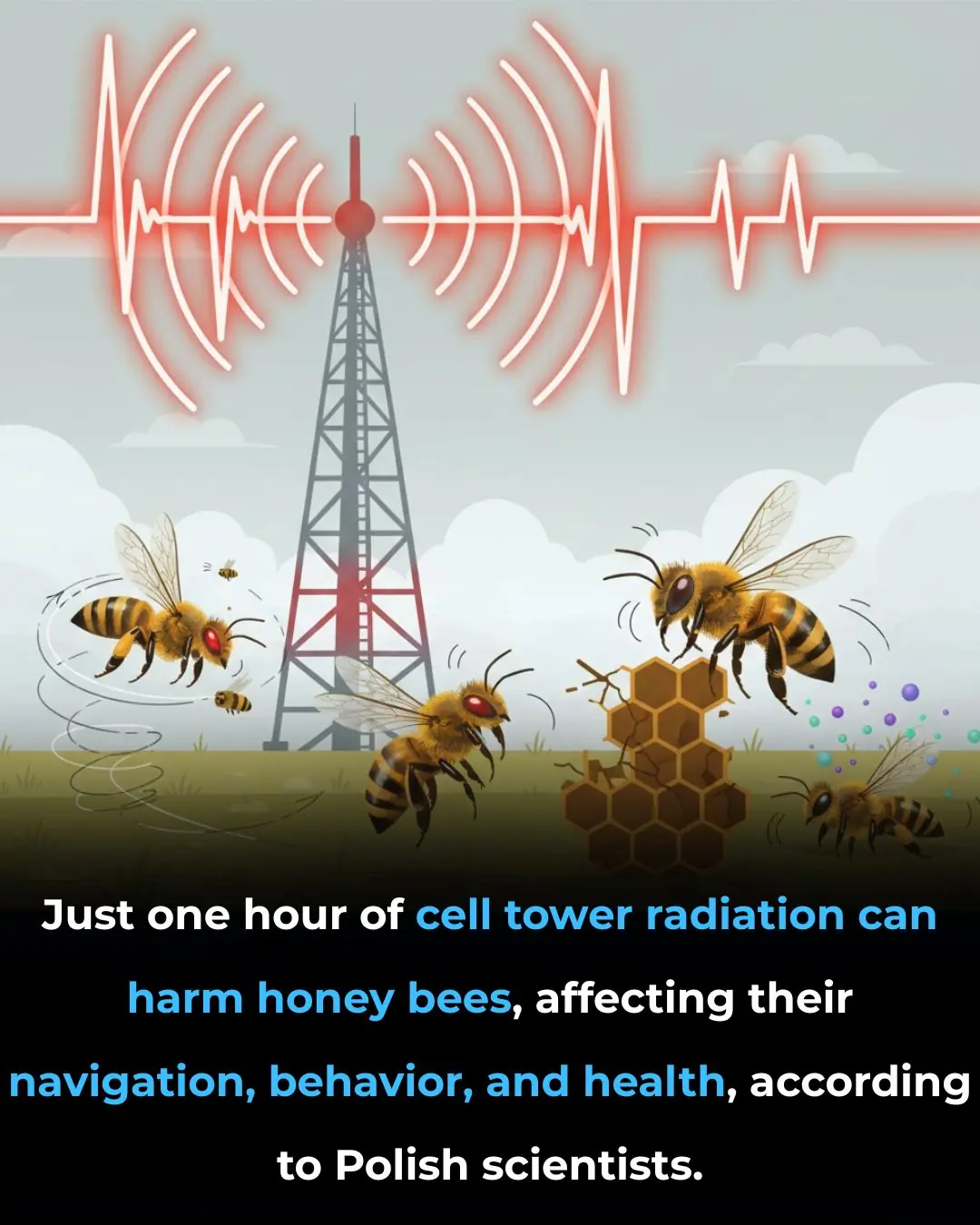
🐝 The Silent Threat: Research Links Cell Tower Radiation to Harmful Effects on Honey Bee Health
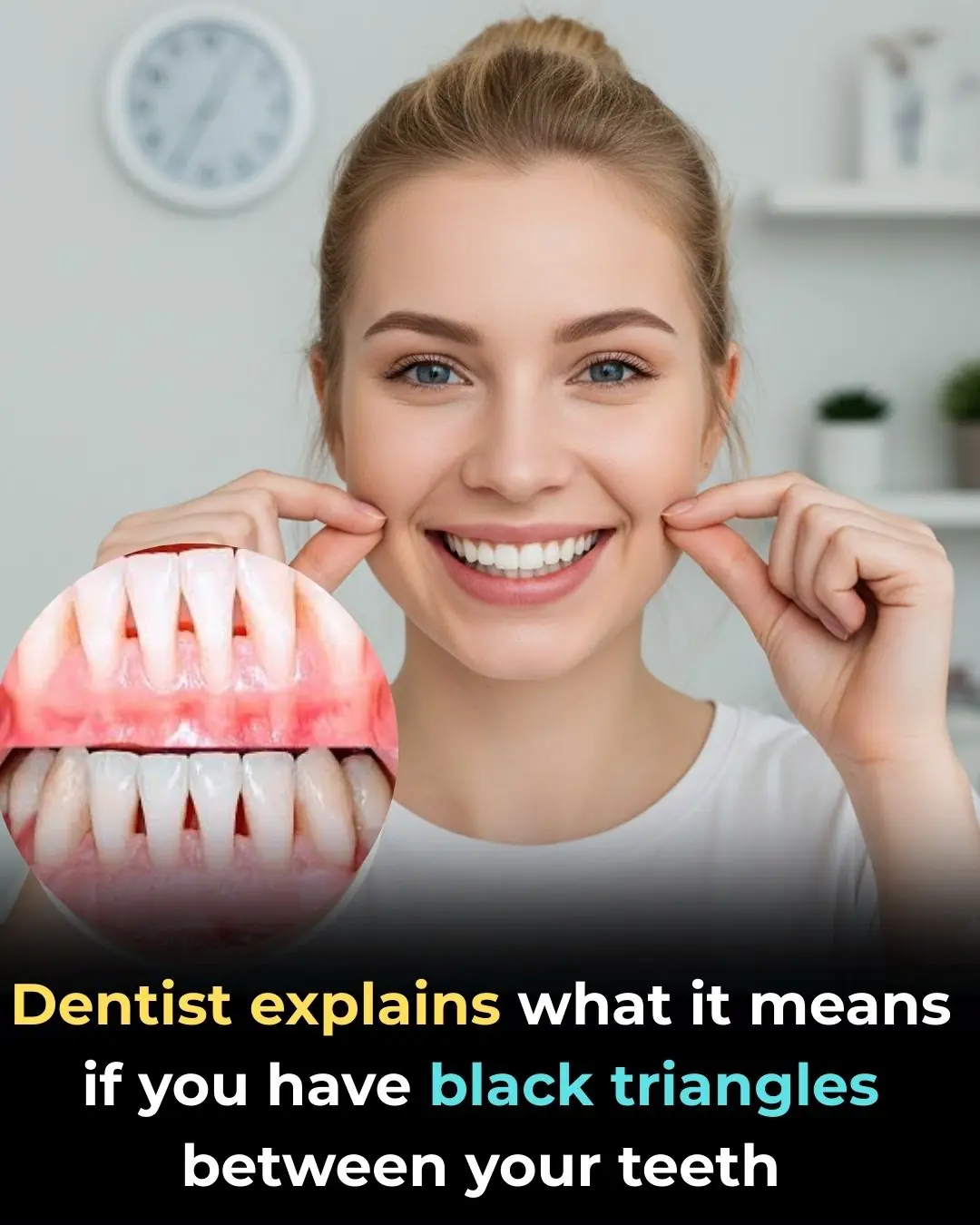
What Are the “Black Triangles” Between Your Teeth

Inserting a toothpick into this exact spot on the electric kettle has an amazing effect — a useful trick everyone should know

Crocodile Tears Explained: From Natural Reflex to Cultural Legend

Millions Travel Nationwide for a Nostalgic and Festive Thanksgiving Weekend
News Post

Apple Extract: A Natural Alternative to Chemotherapy for Treating Colon Cancer

Revealing the Human Heart: A Stunning Look at Its Circulatory System Without Muscle or Fat

Why the Brain Remembers Negative Experiences More Than Positive Ones: Implications for Mental Health and Well-Being

You're doing it all wrong. Here’s the right way to clean humidifiers

Nurse Promises Not to Laugh at This Man’s Problem

What Your “Odd Animal Out” Choice Says About You

As he nears 100, Dick Van Dyke, 99, makes a touching confession about his life

Two Golden Elixirs for Energy, Glow & Balance

The Power of Hawthorn (Genus Crataegus): A Natural Ally for Heart and Cholesterol Health
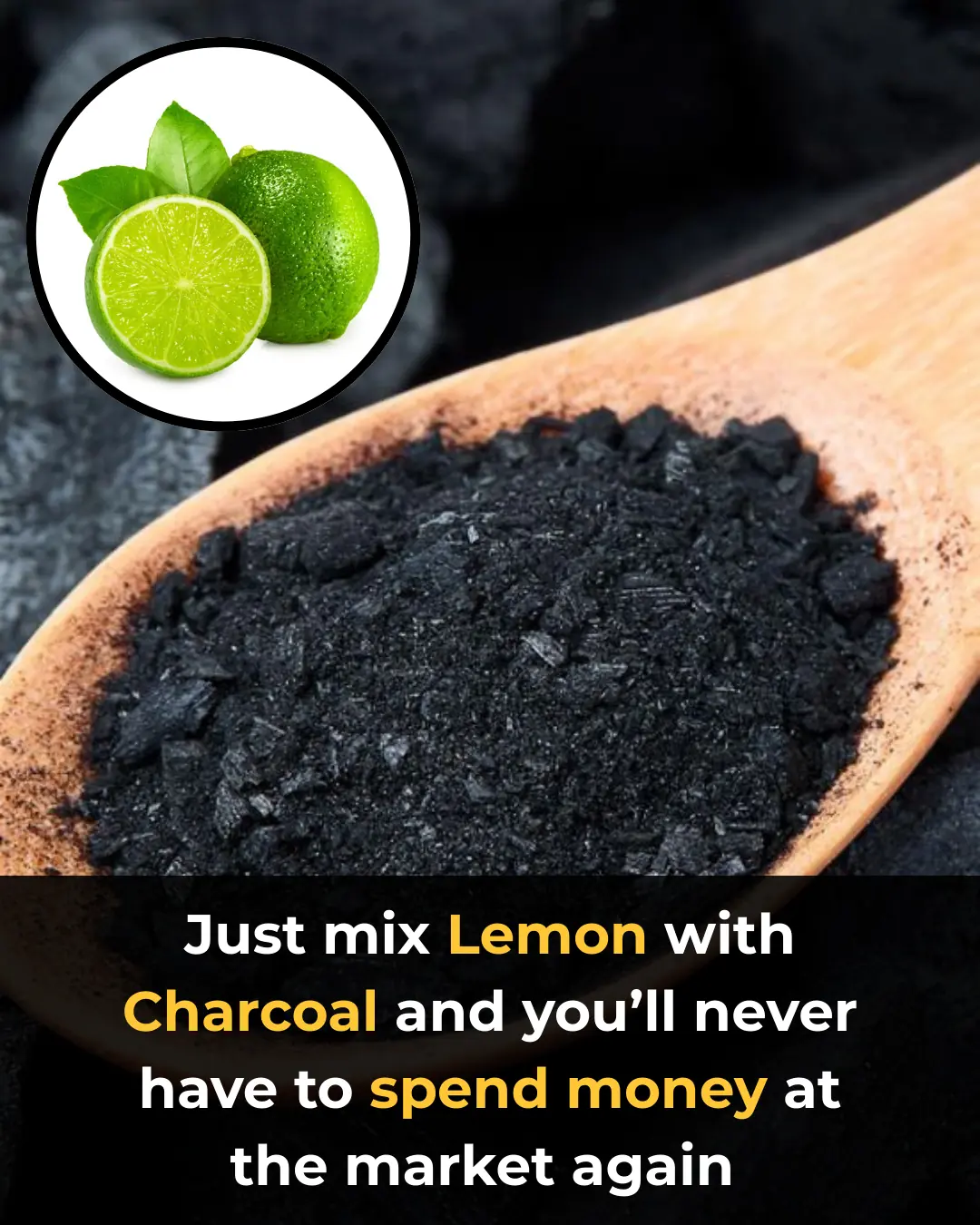
The Real Benefits of Mixing Lemon with Activated Charcoal

The Surprising Healing Power of Onion Milk

Increase Breast Size Naturally

Beetroot: 3 Simple Recipes + 10 Powerful Health Benefits

A Small Refrigerator Button Can Save You Hundreds on Your Electric Bill: Most People Don’t Know

AVOID Ginger If You Have THESE Health Problems

Magic Eraser can be used for almost anything, but here's what you didn't know

Why You Shouldn’t Keep Doors Fully Closed When Using Air Conditioning

12 medications you should never mix with coffee
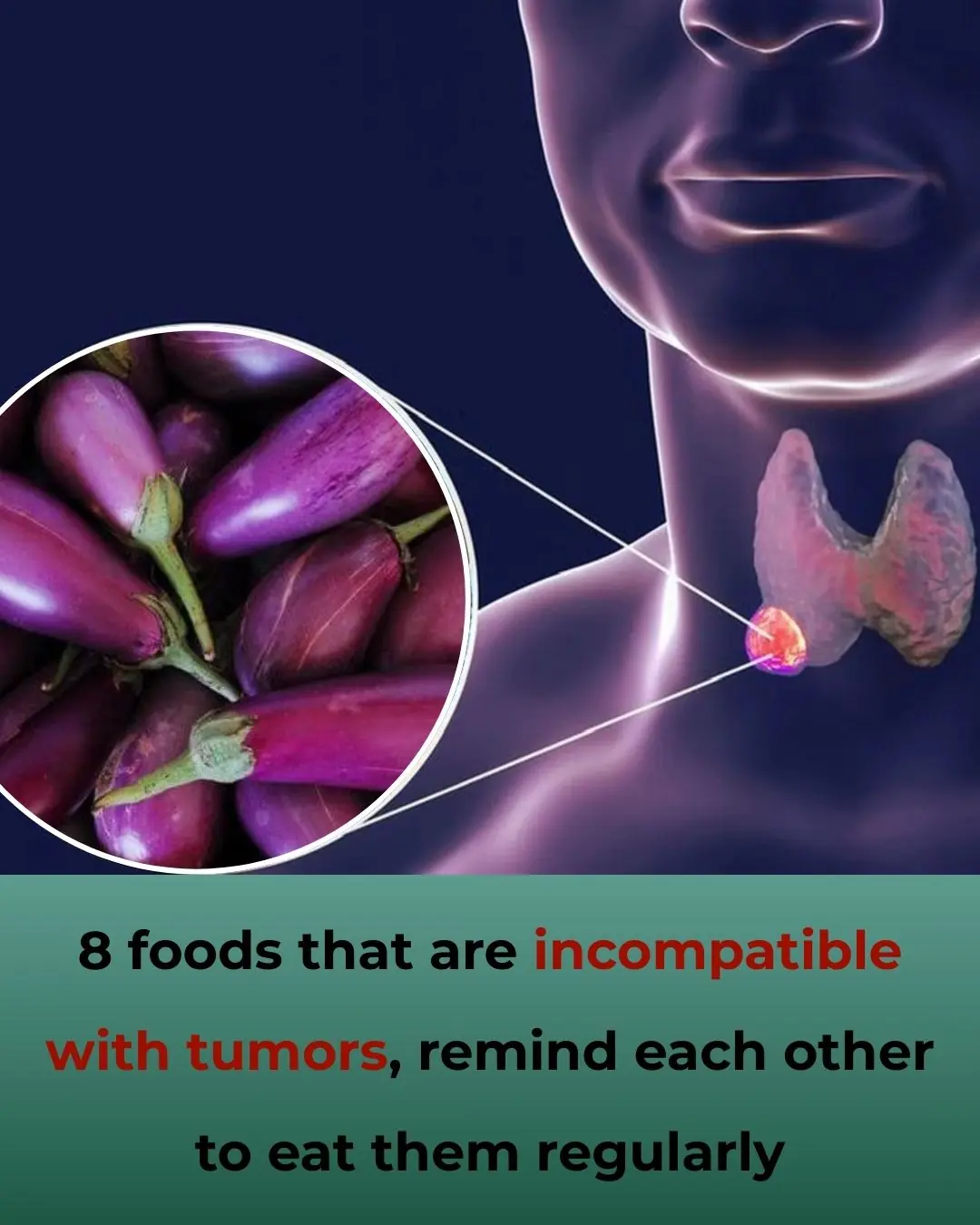
8 Foods That Fight Cancer – Add Them to Your Diet Regularly
